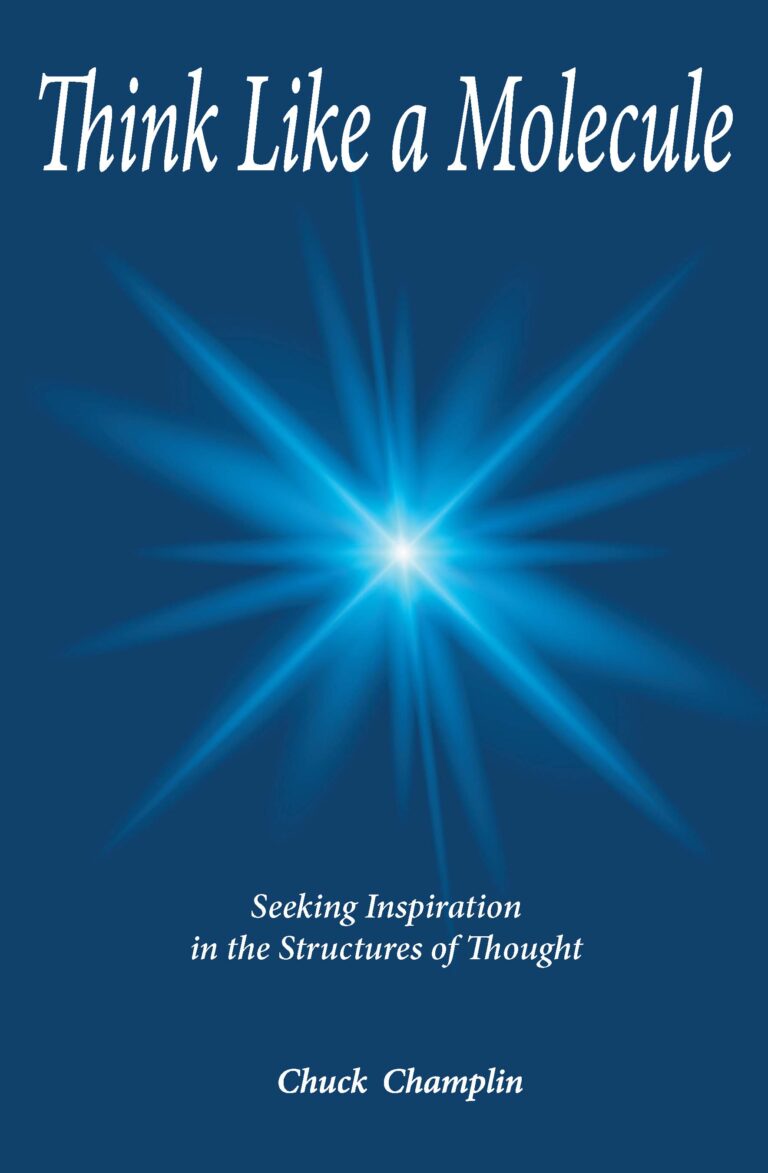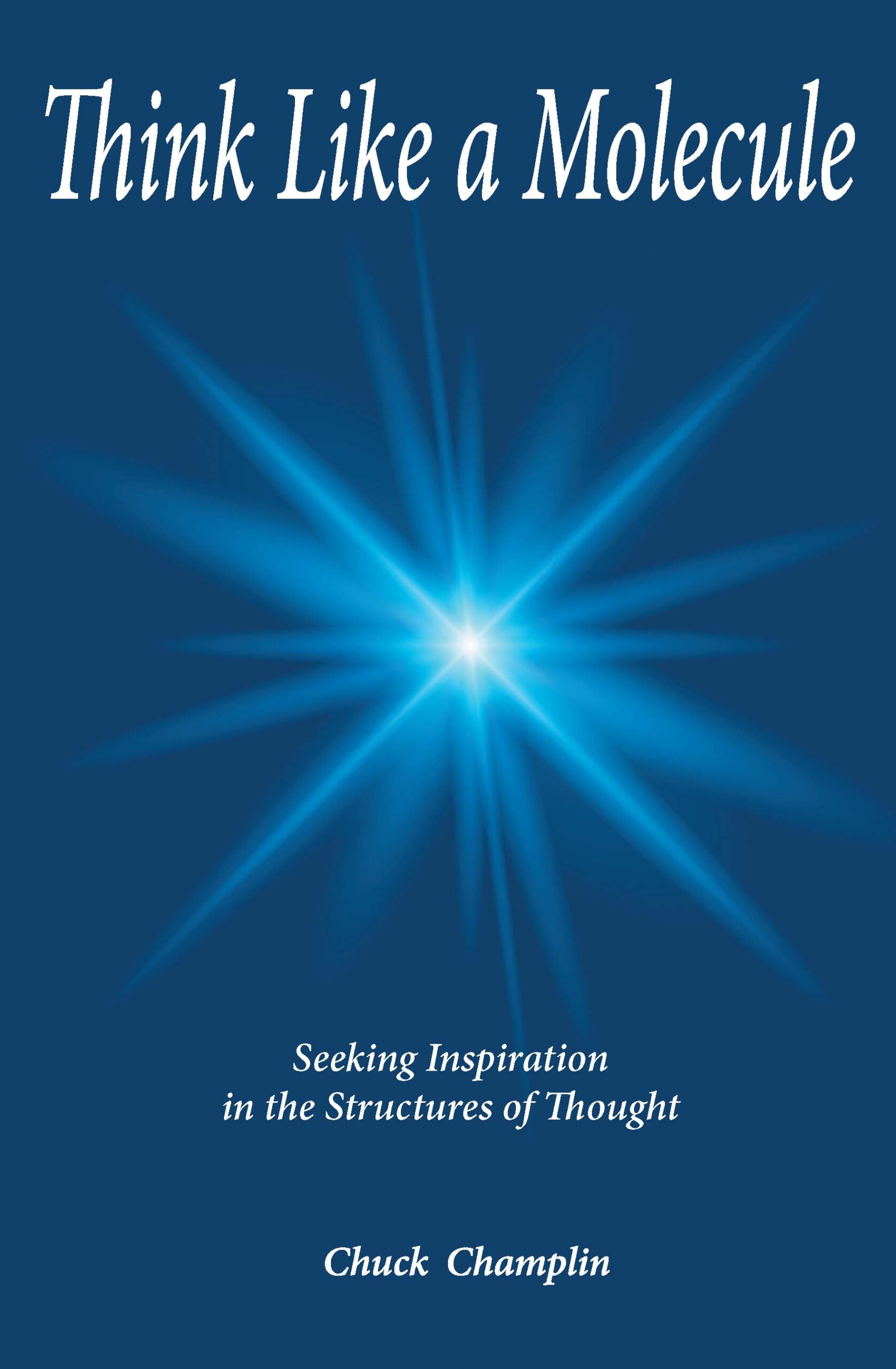Author Chuck Champlin breaks down the universe into its smallest components, via quarks and atoms, to better understand how the world came to be and how it could be made still better. As he writes, “examining the world of molecules can be a way to engage in some fresh thinking about our living, thinking world, social systems, and our collective imagination.” Champlin is using molecules as a metaphor for a way of thinking, and a means of acting on those thoughts. By focusing on the minutiae and its part in the wider picture, the author seeks to remind us that we are part of the universe of physics, chemistry and the Big Bang. That we are “one with the totality of the Universe” and that we “are an expression of the universe, approximately 14 billion years in the making.”
“Thinking like a molecule” means being aware of how the universe was founded and how it evolved to create humanity and civilization, noticing how things work together and looking for ways that different combinations might find answers to practical problems. In a way it’s a secular version of the idea of cosmic consciousness where everything is connected to everything else. He admits that for him the jury on God is still out but he professes certainty that someday other intelligent life will be discovered in the universe. Integral to Champlin’s theory and process is his idea of the “Twinkle”. He identifies this as being “a marker or asterisk in our thinking to help us develop our powers of invention”. In practical terms it is a symbol that Champlin has designed, via the fairy-dust of the Fairy Godmother in Disney’s Cinderella, that acts as a signpost to highlight an idea that needs further investigation. Champlin hopes that the “Twinkle” will “serve to help us notice moments of dawning awareness, to recognize when our minds are expanding”. By doing this new avenues will be available to explore. New options will be offered to answer difficult questions.
THINK LIKE A MOLECULE is excellent in combining and contrasting the worlds of science, philosophy and the creative arts. Backing up his theories, Champlin calls on previous work from great thinkers including Buckminster Fuller, Charles and Ray Eames, Carl Sagan and Michael Allaby. All of these writers were able to express their ideas with great precision. Where Champlin differs is that he has a tendency for repetition and a lack of clarity in some of his theorizing. What he is proposing is fascinating, and potentially inspiring for many, but for something that explicitly propounds the power inbuilt in the simplicity of a focused thought some of the author’s prose is rather confusing. Though the book is short there are a number of sections that muddy the waters rather than add to the understanding of the core concept. That said, there are enough nuggets of wisdom contained in THINK LIKE A MOLECULE that it is worth wading through some of Champlin’s unnecessary diversions to get to the crux of his idea.
Author Chuck Champlin offers numerous helpful ideas for readers to make the most of their imagination in THINK LIKE A MOLECULE, a thought-provoking proposal for a new way of thinking that takes its inspiration from the very beginnings of the universe.
~Kent Lane for IndieReader


